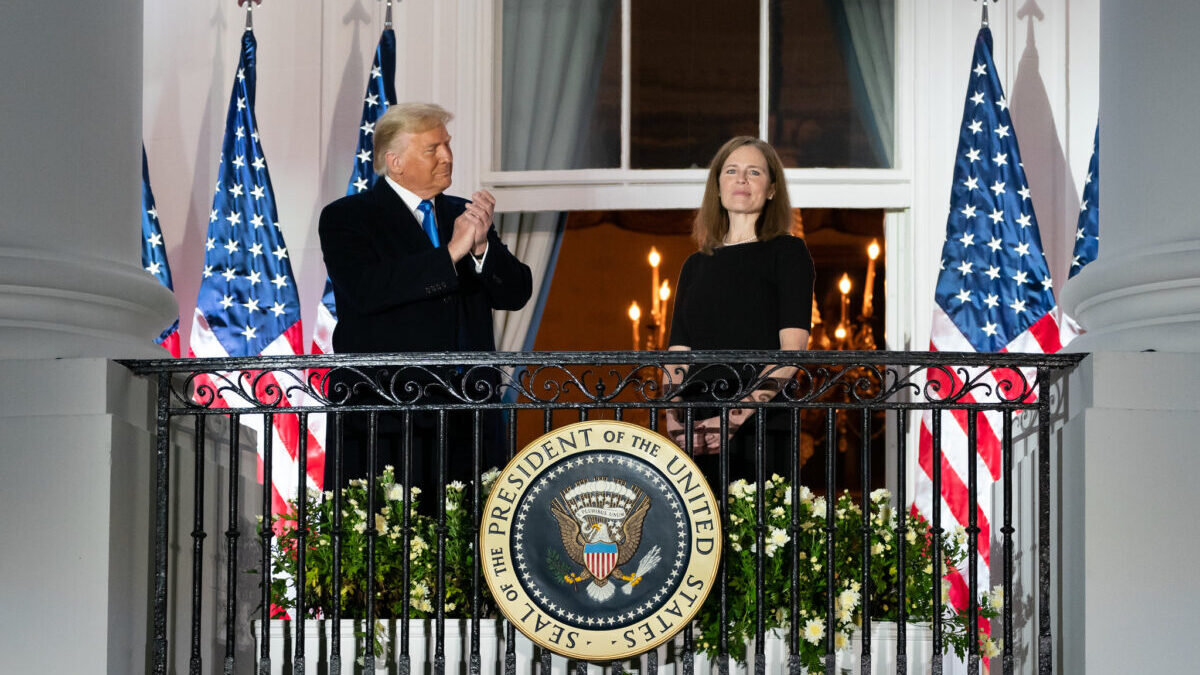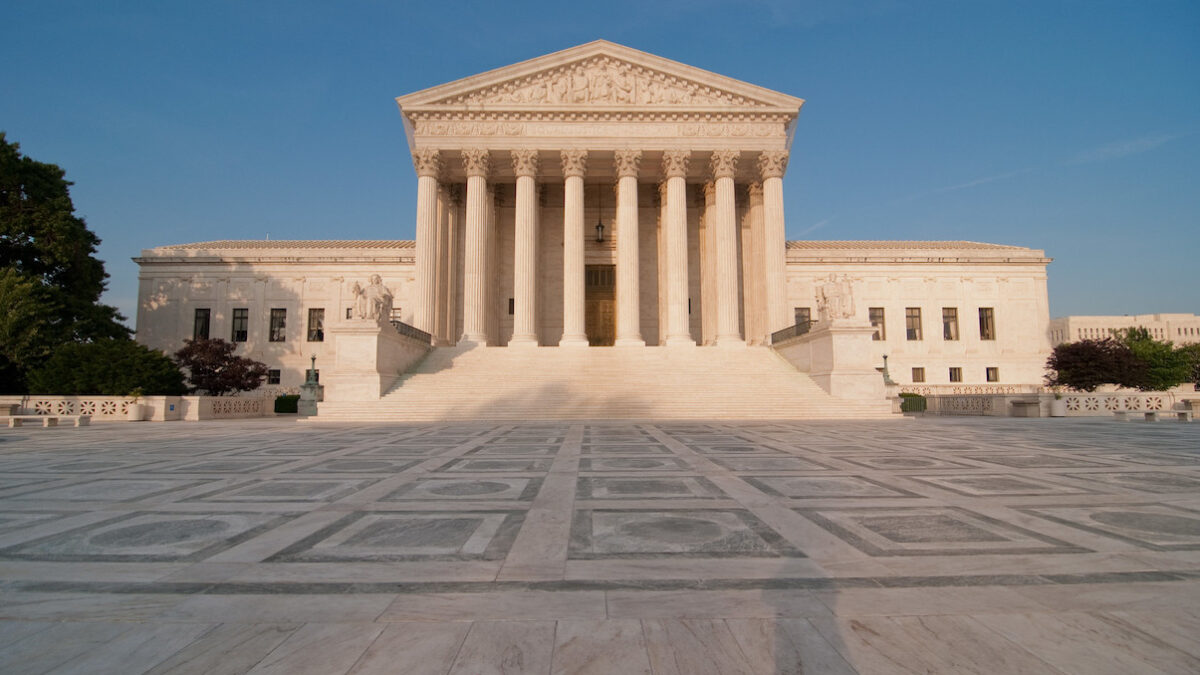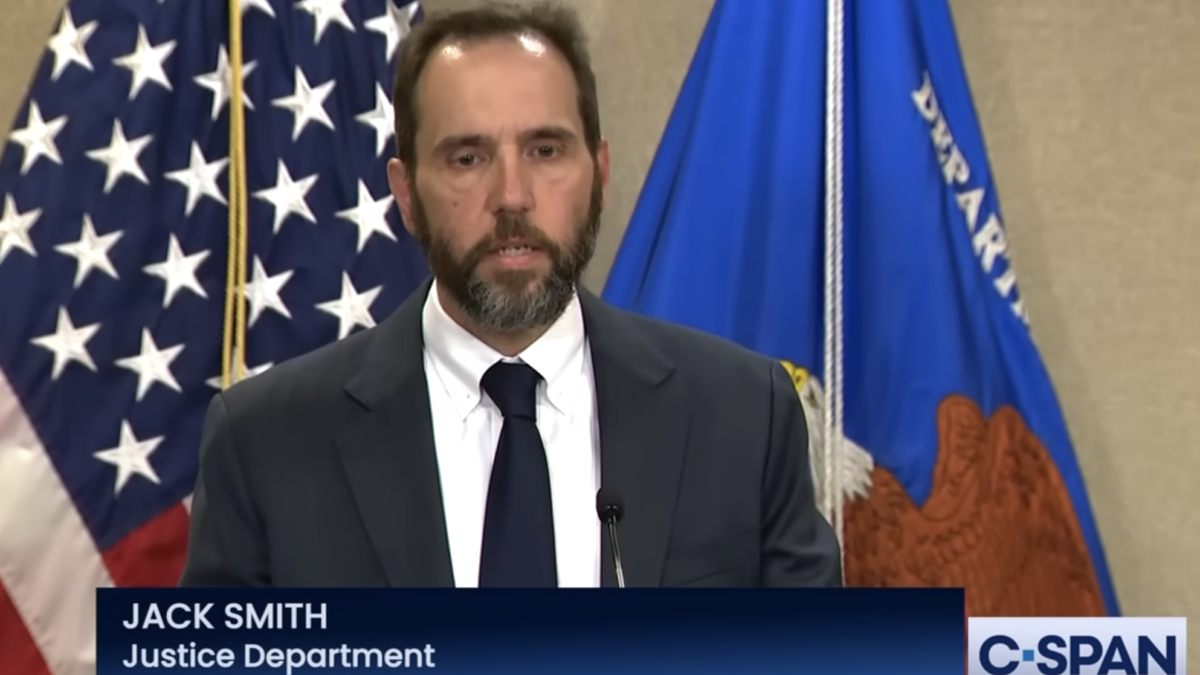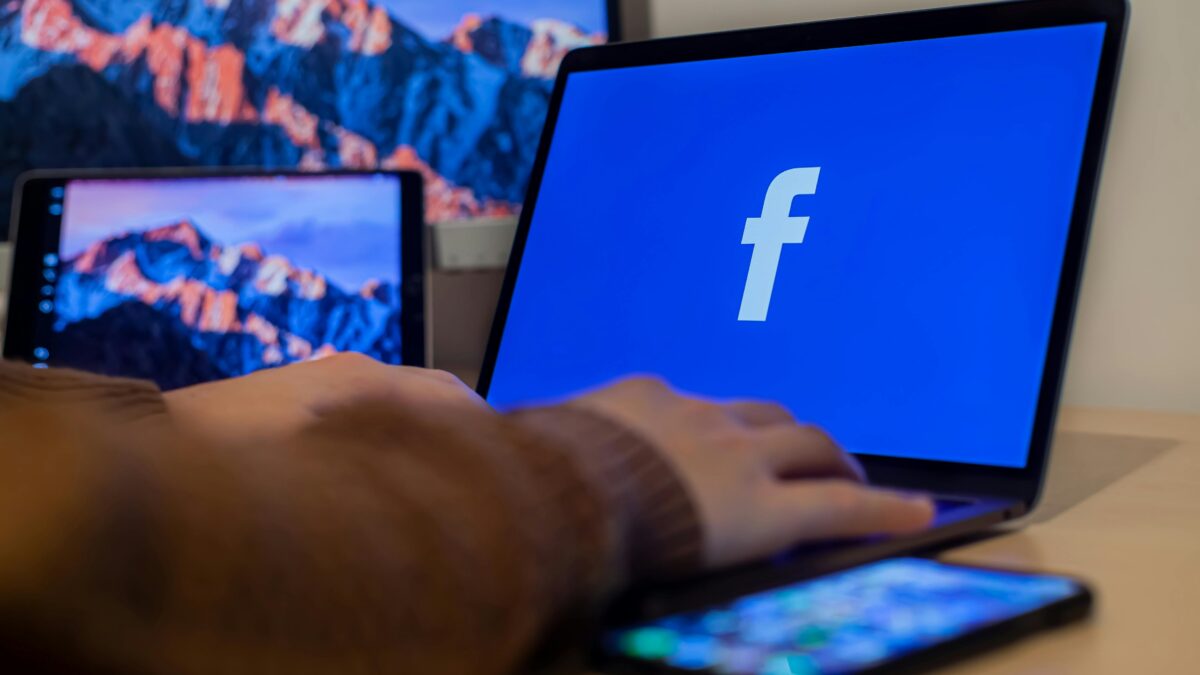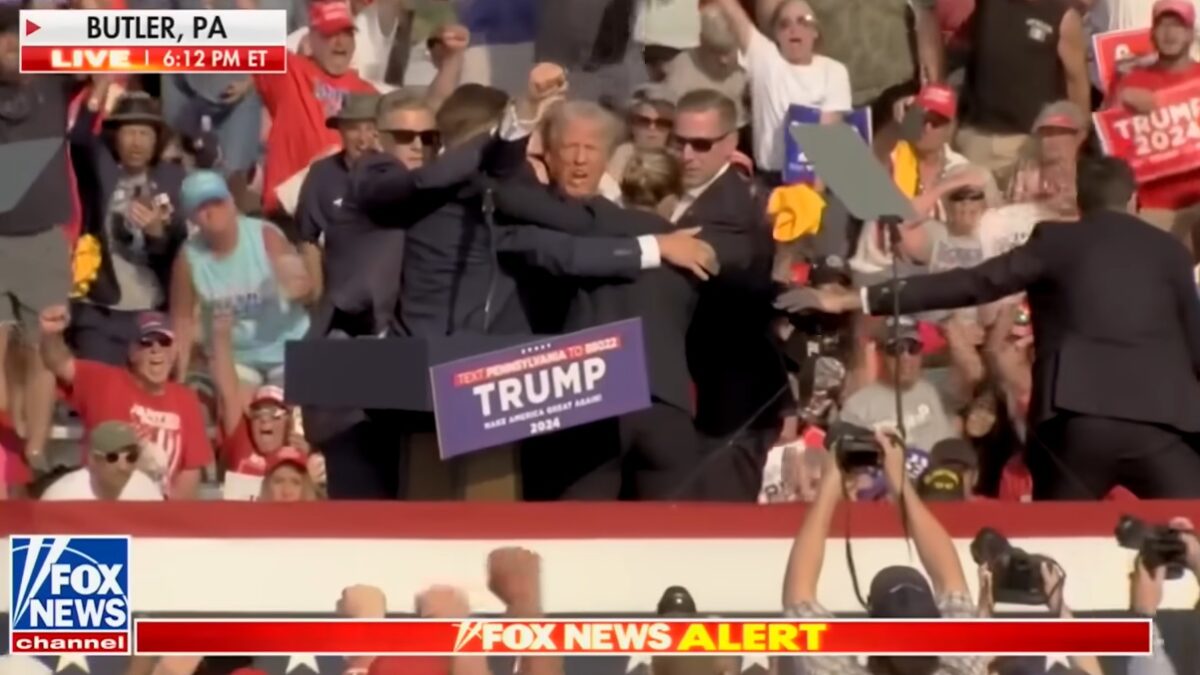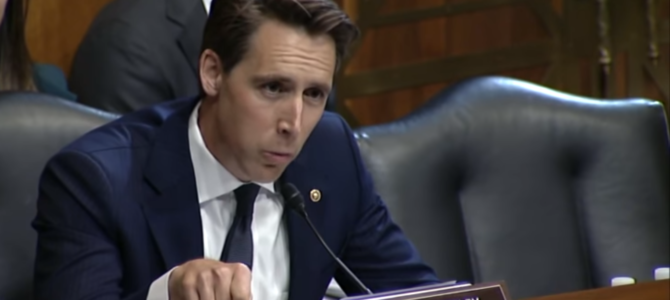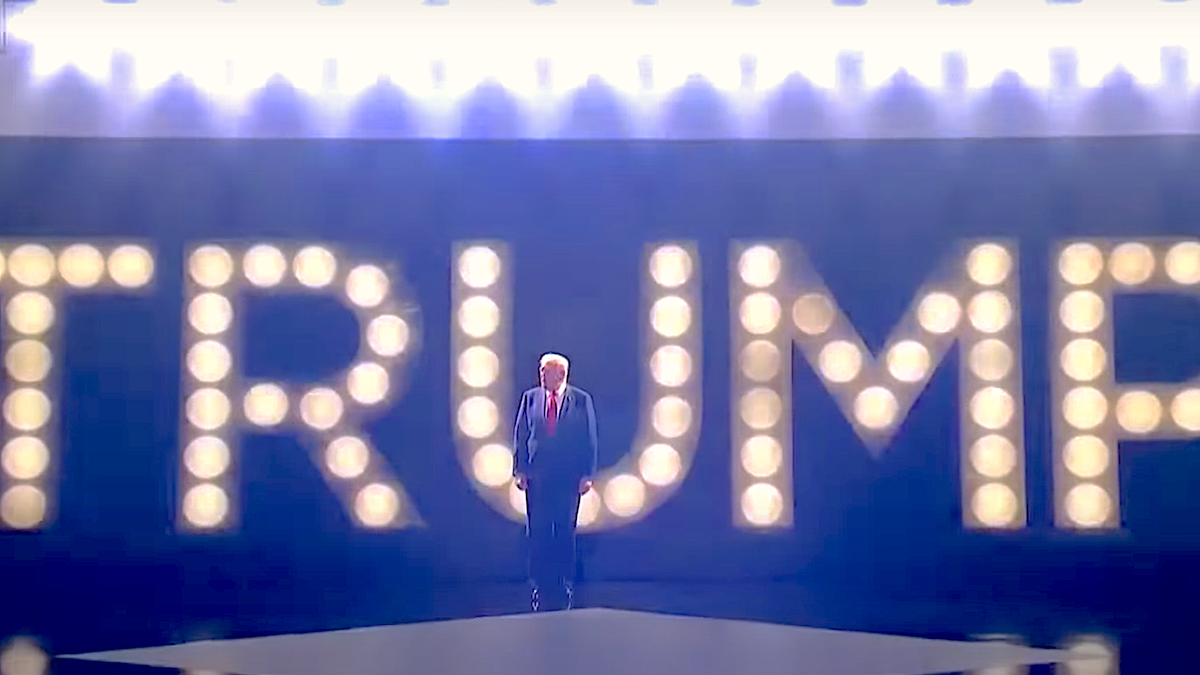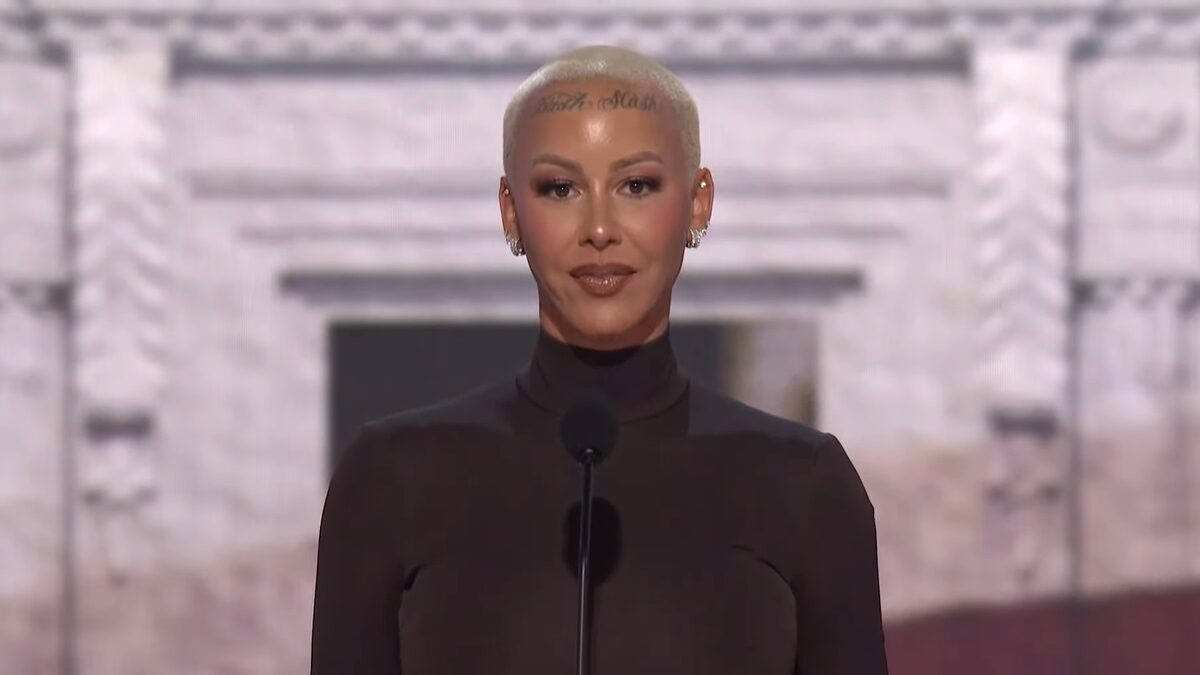Justice Amy Coney Barrett painted Big Tech’s suppression of the Hunter Biden laptop stories four years ago as a safeguard against foreign interference in an official Supreme Court ruling on Wednesday.
In what could have been a landmark censorship case, Barrett, who wrote the majority opinion in Murthy v. Missouri, characterized tech giants’ reactionary censorship of the laptop story as a good-faith effort to minimize Russian meddling in the 2020 election.
After summarizing social media companies’ content moderation programs throughout the coronavirus epidemic, Barrett wrote “platforms also applied their misinformation policies during the 2020 Presidential election season.”
“Facebook, in late 2019, unveiled measures to counter foreign interference campaigns and voter suppression efforts,” she wrote. “One month before the election, multiple platforms suppressed a report about Hunter Biden’s laptop, believing that the story originated from a Russian hack-and-leak operation.”
Except the only people who believed this were gullible Democrats who fell for an intelligence hoax peddled by the deep state to protect then-candidate Joe Biden.
On Tuesday, the House Select Subcommittee on the Weaponization of the Federal Government revealed several of the 51 former intelligence officials who sought to discredit the laptop as Kremlin interference in Politico were actively on payroll with the Central Intelligence Agency (CIA). The infamous letter published near immediately after the first stories from the laptop surfaced in the New York Post, claimed the computer had “all the classic earmarks of a Russian information operation.” The statement was made despite the director of national intelligence at the time dismissing allegations of Kremlin interference. His rare on-the-record rebuke would be followed by similar dismissals from the FBI, Department of Justice, and the Department of State — all well before the November election.
Meta CEO Mark Zuckerberg would go on Joe Rogan’s podcast nearly two years later and admit that Facebook algorithmically suppressed stories about Hunter Biden’s laptop at the request of officials within the FBI.
“The FBI basically came to us and spoke to some folks on our team and was like, ‘Hey, just so you know, you should be on high alert. We thought that there was a lot of Russian propaganda on the 2016 election. We have it on notice that basically there’s about to be some kind of dump similar to that,'” Zuckerberg said in August 2022. “We just kind of thought if the FBI, which I still view as a legitimate institution in this country — it’s like very professional law enforcement — they come to us and tell us we need to be on guard about something, then I want to take that seriously.”
Zuckerberg’s faith in the FBI, however, glossed over the agency’s decades of partisan misconduct, including efforts to undermine the 2016 election by peddling the far-left conspiracy to indict former President Donald Trump as a covert Kremlin agent.
Barrett, who was confirmed to the high bench on Oct. 26 and took the judicial oath on Oct. 27 of the 2020 election year, ruled in the 6-3 Murthy v. Missouri decision that plaintiffs lacked standing, and therefore could not sue the Biden administration over the government’s censorship regime. Justice Samuel Alito wrote the dissent and warned Americans would come to regret the continuity of unconstitutional censorship programs.
“We are obligated to tackle the free speech issue that the case presents,” Alito wrote. “The Court, however, shirks that duty and thus permits the successful campaign of coercion in this case to stand as an attractive model for future officials who want to control what the people say, hear, and think.”
